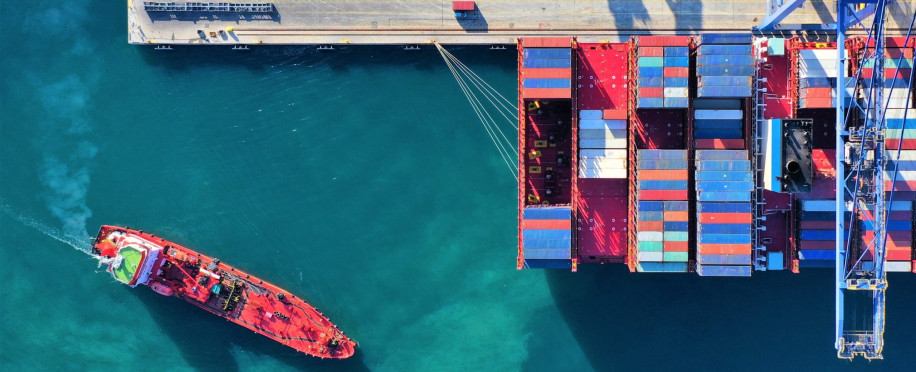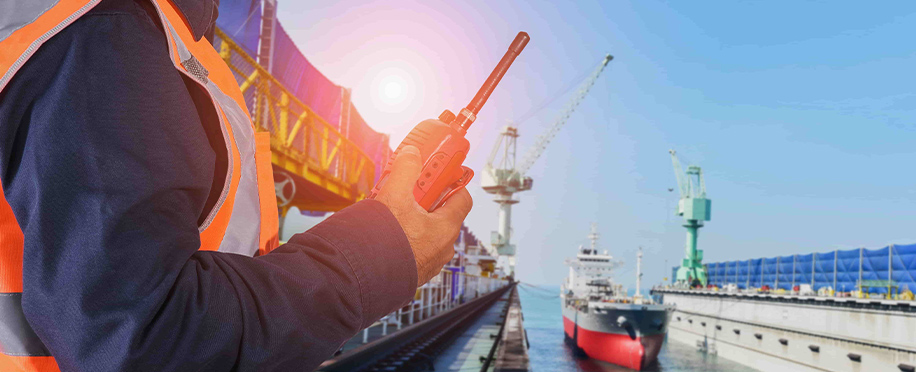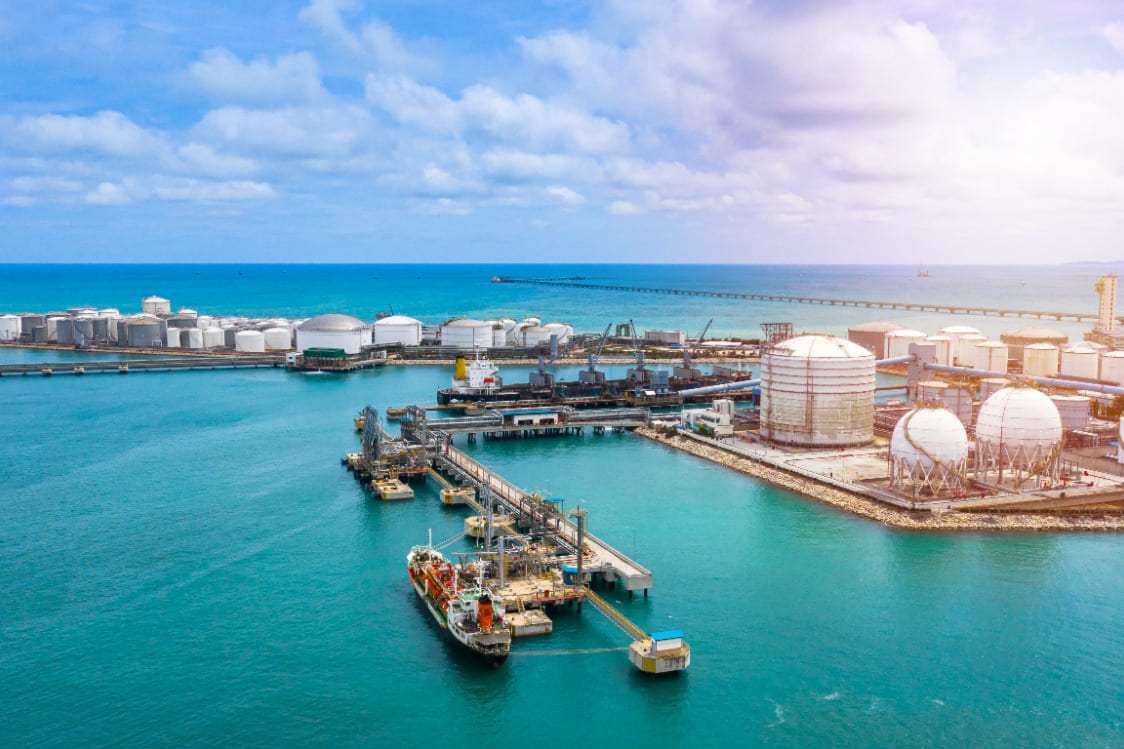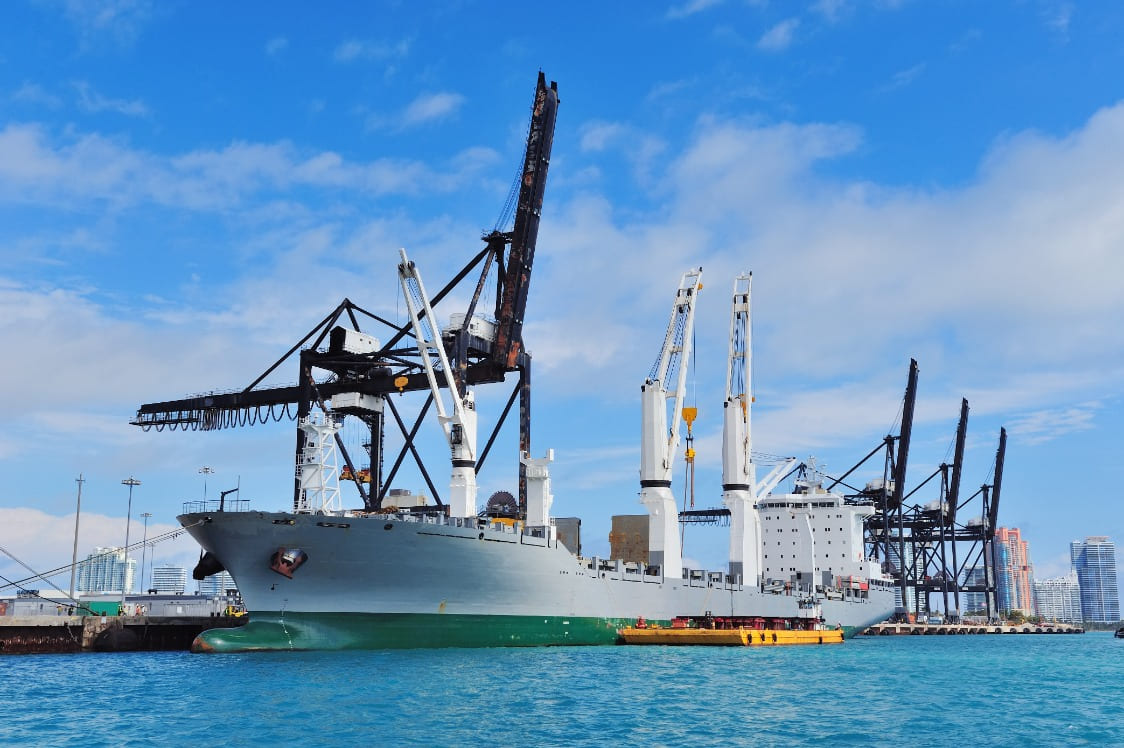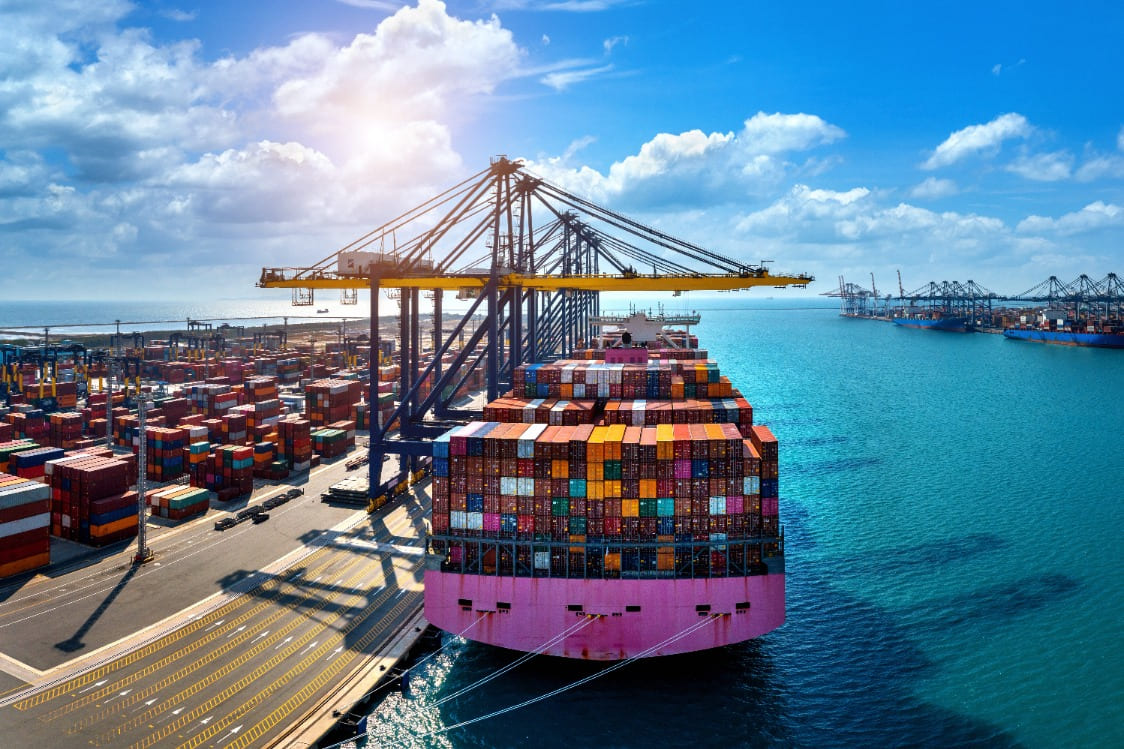Maritime Economics: Understanding the Financial Seas
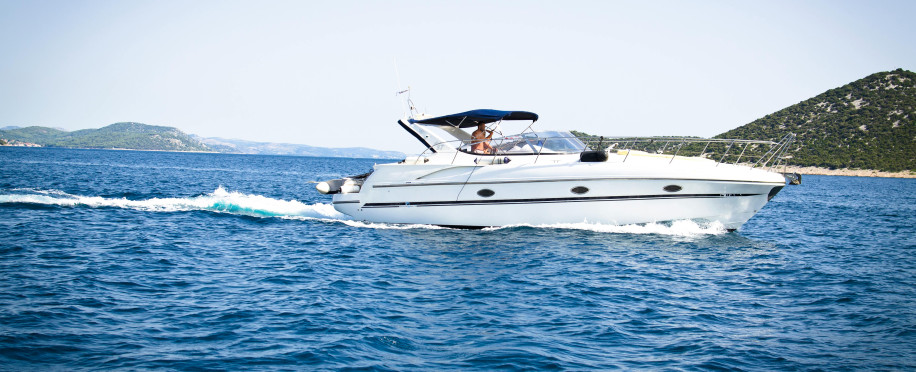
Posted on May 07, 2024 at 09:05 PM
The maritime business is very competitive, with the large volume of vessels travelling offshore from one region to another, it could be described as one of the largest corporate industries out there. However, just as no ship runs without fuel, no maritime business can make an impact without maritime economics and logistics.
This article outlines the main workings of maritime economics, we give you an introduction to maritime economics, a comprehensive list of its components, types, and practical tips to excel in this dynamic field.
What is maritime economics?
In theory, maritime economics is the sophisticated science of detecting financial waves, understanding shipment routes within seas, the alternation of supply and demand, and so forth. It is a field that studies shipping markets, untangling the riddle of freight rates and vessel utilization through tables, charts, and illustrations just as a ship master travels the globe using maps and drawings.
However, marine economics is not limited to what lies beyond this edge of the sea. It also combines this depth of water with the busy ports that are scattered by the coastlines that involve cargo handling, infrastructure investment, and logistics that form an important part of the life beats of international trade.
Just as the art of a harbourmaster is a skill to master, this field choreographs the complex dance of ships, cranes, and trucks, to guarantee the safe and efficient passage of goods from one continent to another.

Types of Maritime Economics
There are many aspects of maritime economics, each of which plays a unique role in making maritime economics successful, here are the different types of maritime introductions:
-
Shipping Economics: This section is a blend of global financial issues in maritime transport such as shipping markets, vessel operations, and shipping companies' economics.
-
Port Economics: As mentioned before, this zone focuses on the economic facets of port management, port logistics, and port efficiency concerning regional and international trade.
-
Maritime Logistics: This discipline reveals the detailed maritime transportation supply chain networks that move goods from the point of origin to their destination, including the problems of inventory management, distribution networks, and intermodal transportation.
-
Maritime Finance: The discipline of maritime economy covers the financial instruments, and emphasizes investment strategies, and risk management practices specific to the maritime sector including ship financing, insurance, and capital markets.
Tips for excelling at Maritime Economics
Many factors play a role in the success of your shipping organisation, but economists would tell you that every issue can be tackled with a methodological approach that will guarantee excellence, here are a few tips from our experts:
-
Stay informed
The maritime industry is fast-moving, therefore, being aware of the world economic trends, regulations as well as tech advances is important. Subscribe to the industry’s resources such as a journal or a newsletter to gain a fresh perspective, attend conferences, and use professional career networks.
-
Develop analytical skills
The maritime economy is data-driven and thus requires the development of analytical, forecasting, and modeling techniques. Developing your competency in quantitative analysis, statistics, and specialized computer applications will be an added value and will give you the tools to take the lead in the market.
-
Consider specialized education
There are a lot of British organisations that organize academic maritime economics courses or programs. Consider joining a shipping finance course because these scientific programs feature valuable training you can study and practical experience that gives you the necessary skills needed to survive the financial waters that are currently teeming with treacherous moves and tactics.
-
Gain practical experience
Technical experience is only good for students, if you want to succeed in the real world take part in internships, co-op programs, or offer a service to shipping firms, port agencies, or maritime consulting agencies and gain essential skills that can be applied in the industry.
-
Develop a global mindset
Maritime economics by nature is international and for its proper comprehension, it’s important to balance cultural finesse, with geopolitics and trade. Consider diversity, responsibly cultivate intercultural competencies, and be ready to make amendments for adaptable business settings.
-
Stay Sustainable
It’s one of many, but oil spills are an example of how damaging the maritime business can be to the environment. Sustainable maritime economics aims to conduct the industry's operations in the least harmful way for the environment, make sure you're committed to learning new sustainable developments, and learn how you can be sustainable in your supply chains.
In the wake of an increasingly interconnected world, maritime economics serves as the pillar for international trade and economic prosperity. Knowing how it works, you can sail through the financial seas with confidence and thus, advance global trade smoothly. Accept the challenges and benefits that maritime economics has to offer, and you will surely be on the right side of the wave.
